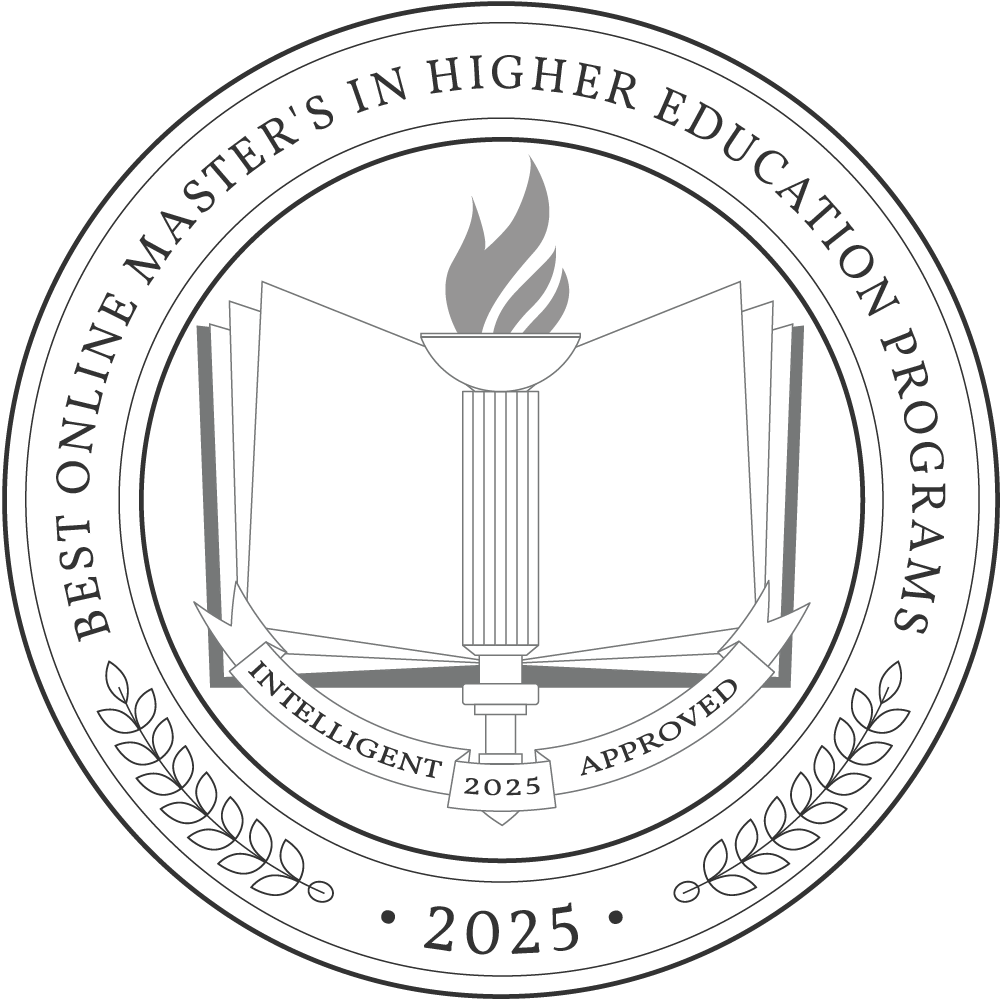Students enrolled in a master’s in higher education program engage in relevant theoretical and practical coursework that prepares them for a professional role in the university system. These programs are not designed for aspiring faculty members but for individuals interested in campus administrative and student support functions.
Data from the Bureau of Labor Statistics projects postsecondary administrator roles to grow 4% over the next decade. Studies cover various focus areas, including college athletics, financial aid, veteran student affairs, and housing. Upon graduating, attendees will have a comprehensive understanding of the higher education field and can pursue leadership positions within a college setting. These positions typically require that applicants possess a master’s degree in the field, and individuals will earn a median salary of $102,610.
Online graduate programs in higher education require 27 to 36 credit hours; if attending as a full-time student, you can expect to graduate within 18 months to two years. According to the National Center for Education Statistics, the average annual tuition for graduate school is $20,513.
Why Trust Us
The Intelligent.com Higher Education Team is dedicated to providing students with independent, equitable school and program rankings and well-researched resources. Our expert-driven articles cover topics related to online colleges and programs, paying for school, and career outlooks. We use data from the U.S. Department of Education’s College Scorecard, the National Center for Education Statistics, and other reputable educational and professional organizations. Our academic advisory team reviews content and verifies accuracy throughout the year for the most current information. Partnerships do not influence rankings or editorial decisions.
- Analyzed over 2,000 national, accredited, and nonprofit colleges and universities
- 800+ rankings pages are reviewed and updated yearly
- Content is informed by reputable sources, surveys, and interviews with academic advisors and other experts
- Over 100 data points are reviewed for accuracy and quality throughout the year, including sources
How we rank schools
Our list features the best online Master’s in Higher Education degree programs at top colleges nationwide. Each school featured is a nonprofit, accredited institution — either public or private — with a high standard of academic quality for post-secondary institutions.
We evaluated each school’s program on tuition costs, admission, retention and graduation rates, faculty, reputation, and the student resources provided for online students. We collected data from trusted sources like the National Center for Education Statistics, individual school and program websites, school admissions counselors, and other data sources. Then, we calculated the Intelligent Score on a scale of 0 to 100 based on the following criterion:
Academic Quality:
- Admission rate versus enrollment rate
- Retention rate of students who return after year one
- Accreditation status (regional and programmatic)
- Nonprofit status, both private and public institutions
Graduation Rate
- Overall graduation rate
- Total number of currently enrolled students, including diversity metrics
- Student-to-faculty ratio
Cost and ROI
- In-state and out-of-state per-credit tuition rates and fees
- Required credits to graduate
- Earning potential after graduation
- Availability of federal student loans, scholarships, and other financial aid options
Student Resources
- Available student services for online-only and hybrid programs
- On-campus amenities like tutoring centers and the number of libraries
Read more about our ranking methodology.
Best 36 Accredited Online Master’s in Higher Education Programs
FiltersInstitution Type
Status
- Intelligent Score
- Alphabetically By University Name
- Acceptance Rate
- Enrollment
- In-state Graduate Tuition
- Out-of-state Graduate Tuition
- In-state Undergraduate Tuition
- Out-of-state Undergraduate Tuition

Liberty University
Intelligent Score: 99.72In-state: $14,791
Out-of-state: $14,791
In-state: $7,935
Out-of-state: $7,935
SAT: 1040-1250
ACT: 21-29
$415
Online
Southern Association of Colleges and Schools Commission on Colleges
30

Texas A&M University - Commerce
Intelligent Score: 99.44In-state: $8,395
Out-of-state: $36,849
In-state: $6,775
Out-of-state: $6,775
SAT: 1160-1380
ACT: 26-32
Resident: $408
Non-Resident: $816
Online, On-Campus
Southern Association of Colleges and Schools Commission on Colleges
30-36

Duquesne University
Intelligent Score: 98.47In-state: $41,892
Out-of-state: $41,892
In-state: $24,048
Out-of-state: $24,048
SAT: 1120-1270
ACT: 23-28
$1,138
Online
Middle States Commission on Higher Education
30

Madonna University
Intelligent Score: 97.92In-state: $24,000
Out-of-state: $24,000
In-state: $16,200
Out-of-state: $16,200
SAT: 920-1110
ACT: 17-24
$1,000
Online, On-Campus, Hybrid
Higher Learning Commission
36

Appalachian State University
Intelligent Score: 95.06In-state: $4,242
Out-of-state: $19,049
In-state: $4,839
Out-of-state: $4,839
SAT: 1070-1240
ACT: 22-27
Resident: $291
Non-Resident: $1,217
Online
Southern Association of Colleges and Schools Commission on Colleges
36
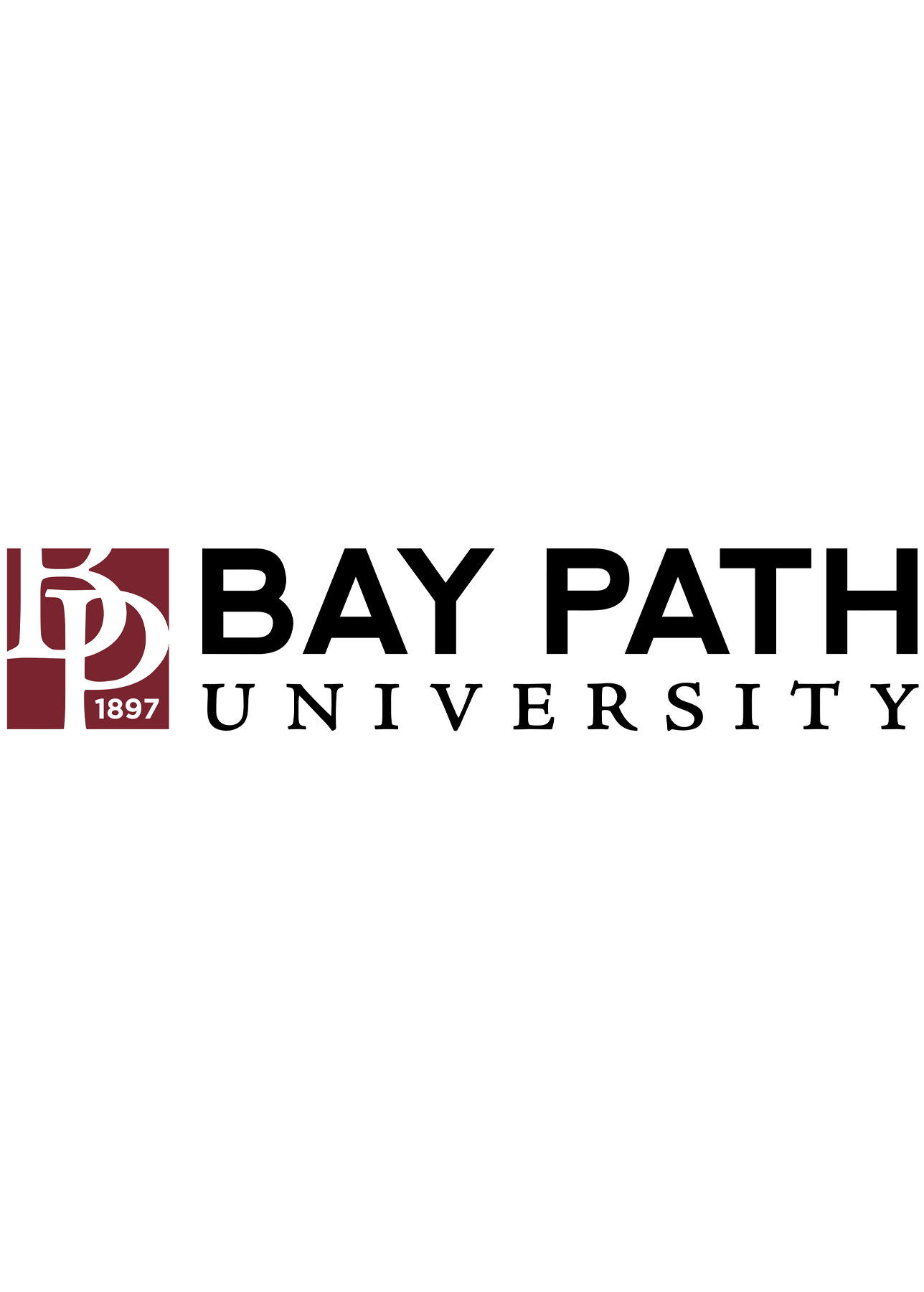
Bay Path University
Intelligent Score: 94.02In-state: $35,781
Out-of-state: $35,781
In-state: $19,235
Out-of-state: $19,235
SAT: 940-1170
ACT: 23-31
$830
Online
New England Commission of Higher Education
30
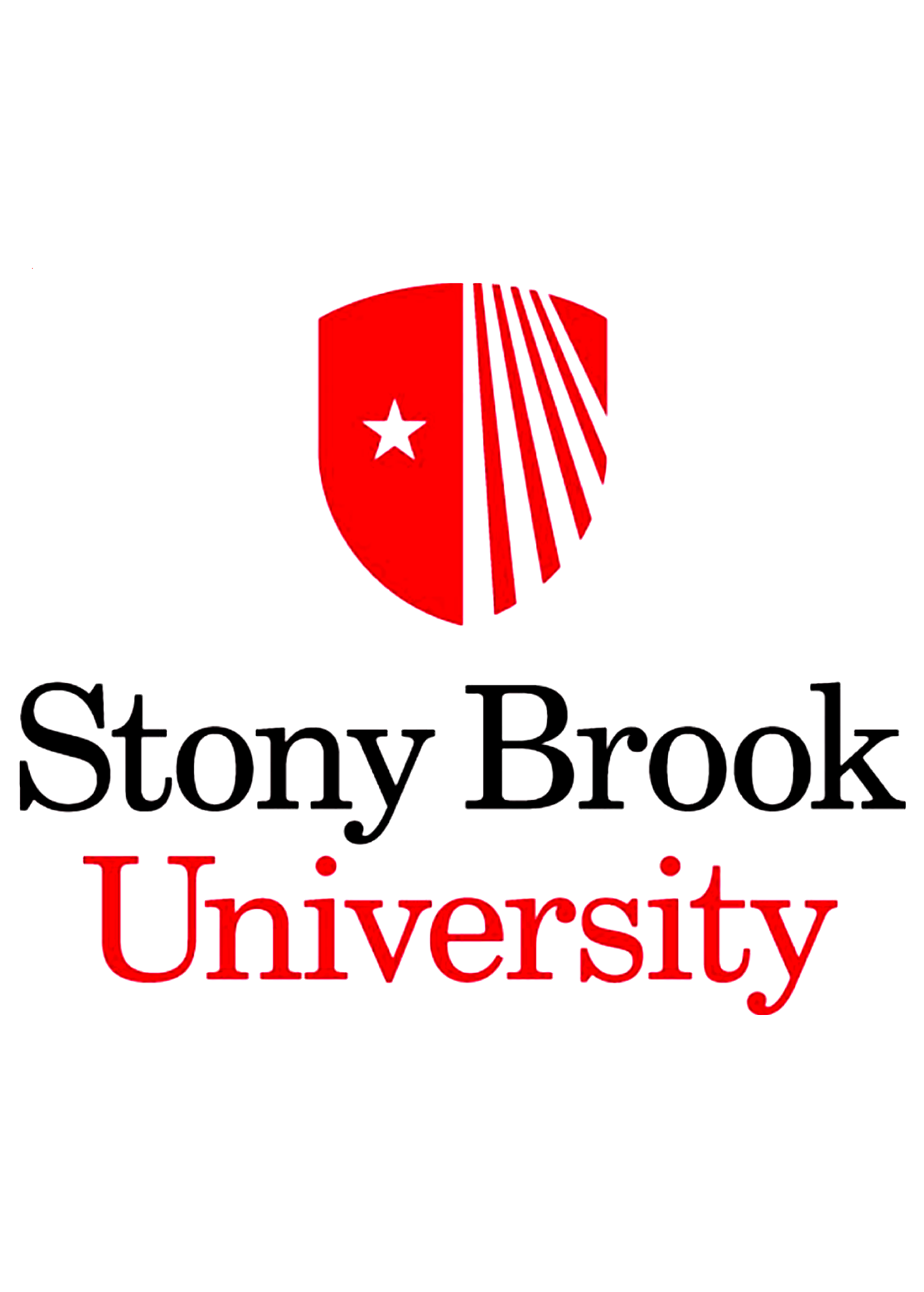
Stony Brook University
Intelligent Score: 93.92In-state: $7,070
Out-of-state: $24,740
In-state: $11,310
Out-of-state: $11,310
SAT: 1230-1440
ACT: 26-32
In-State: $471
Out-of-State: $565
Online, On-Campus, Hybrid
Middle States Commission on Higher Education
36
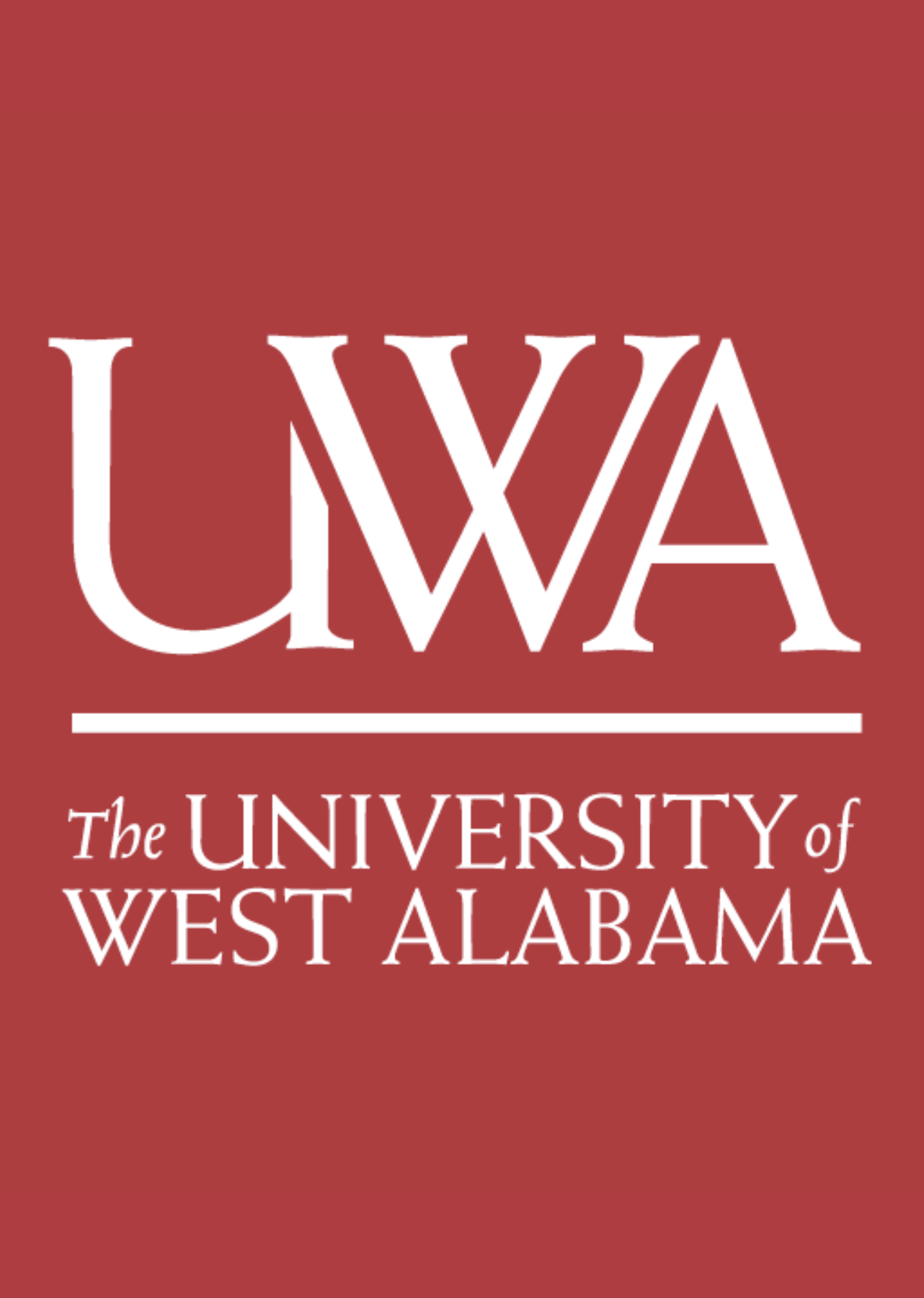
University of West Alabama
Intelligent Score: 92.59In-state: $9,100
Out-of-state: $18,200
In-state: $6,678
Out-of-state: $6,678
SAT: N/A
ACT: 17-22
$429
Online
Southern Association of Colleges and Schools Commission on Colleges
33
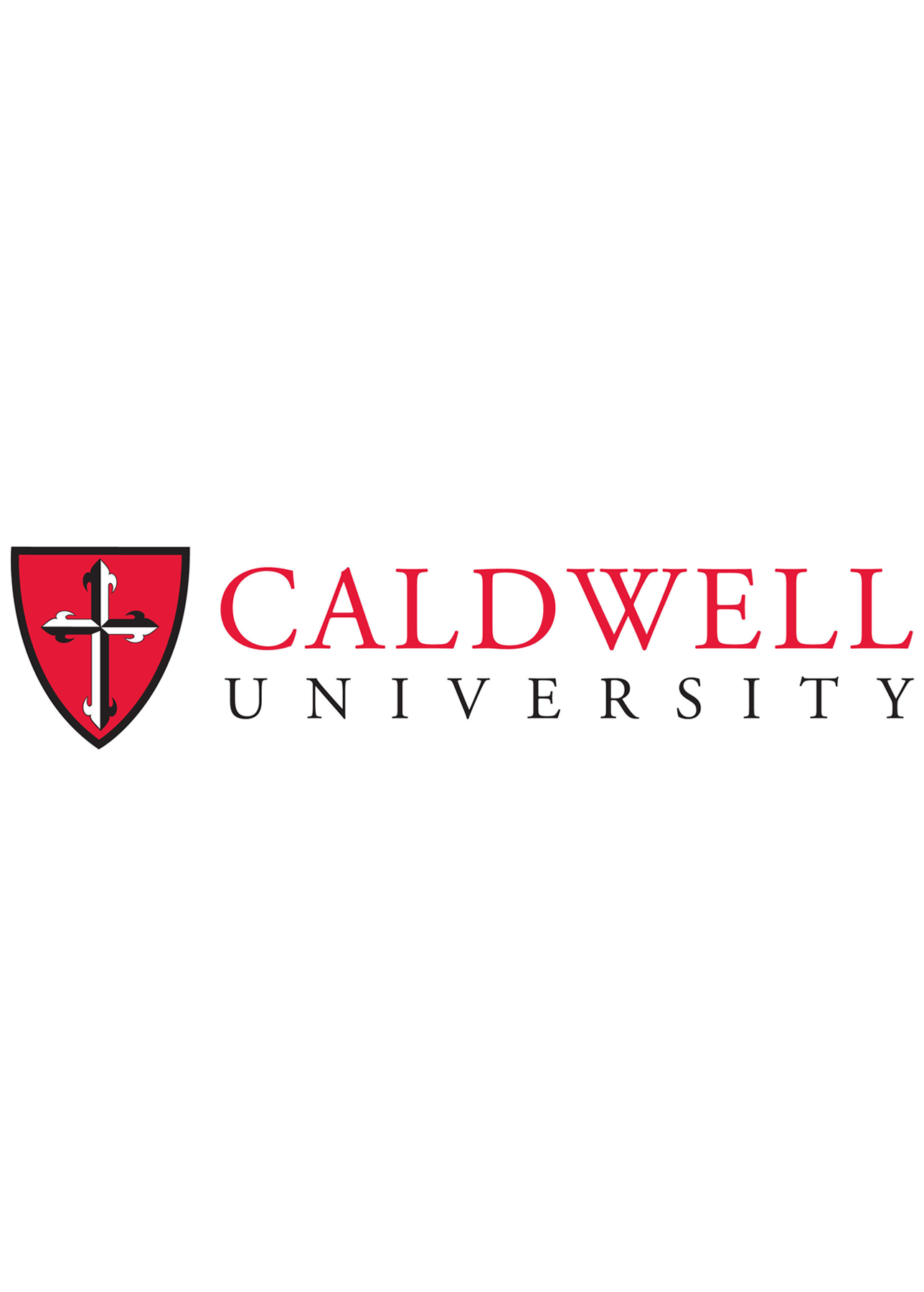
Caldwell University
Intelligent Score: 92.45In-state: $34,900
Out-of-state: $34,900
In-state: $17,910
Out-of-state: $17,910
SAT: 920-1110
ACT: 16-23
$735
Online
Council for the Accreditation of Educator Preparation
36

University of Missouri - St. Louis
Intelligent Score: 90.79In-state: $9,330
Out-of-state: $27,612
In-state: $9,478
Out-of-state: $9,478
SAT: 1110-1320
ACT: 23-29
Resident: $694
Non-Resident: $1,582
Online
Higher Learning Commission
30

University of New Orleans
Intelligent Score: 90.11In-state: $6,090
Out-of-state: $10,926
In-state: $6,090
Out-of-state: $6,090
SAT: 1000-1270
ACT: 18-24
$962
Online
Southern Association of Colleges and Schools Commission on Colleges
36

Sam Houston State University
Intelligent Score: 88.54In-state: $5,856
Out-of-state: $15,672
In-state: $5,765
Out-of-state: $5,765
SAT: 970-1120
ACT: 18-23
$320
Online
Southern Association of Colleges and Schools Commission on Colleges
36

Louisiana State University
Intelligent Score: 88.11In-state: $8,038
Out-of-state: $8,038
In-state: $9,132
Out-of-state: $9,132
SAT: 1090-1300
ACT: 23-28
$459
Online
Southern Association of Colleges and Schools Commission on Colleges
36

PennState World Campus
Intelligent Score: 86.93In-state: $15,025
Out-of-state: $24,413
In-state: $22,464
Out-of-state: $22,464
SAT: 1070-1300
ACT: 24-29
$1,027
Online
Middle States Commission on Higher Education
30

University of Mississippi
Intelligent Score: 85.74In-state: $8,718
Out-of-state: $24,990
In-state: $8,718
Out-of-state: $8,718
SAT: 1010-1230
ACT: 22-30
$514
Online
Southern Association of Colleges and Schools Commission on Colleges
30

Florida International University
Intelligent Score: 84.67In-state: $4,721
Out-of-state: $16,529
In-state: $8,912
Out-of-state: $8,912
SAT: 1110-1260
ACT: 23-29
$587
Online
Southern Association of Colleges and Schools Commission on Colleges
36

University of Louisville
Intelligent Score: 83.69In-state: $11,966
Out-of-state: $28,312
In-state: $13,260
Out-of-state: $13,260
SAT: 1050-1270
ACT: 21-28
$830
Online, On-Campus
Southern Association of Colleges and Schools Commission on Colleges
30
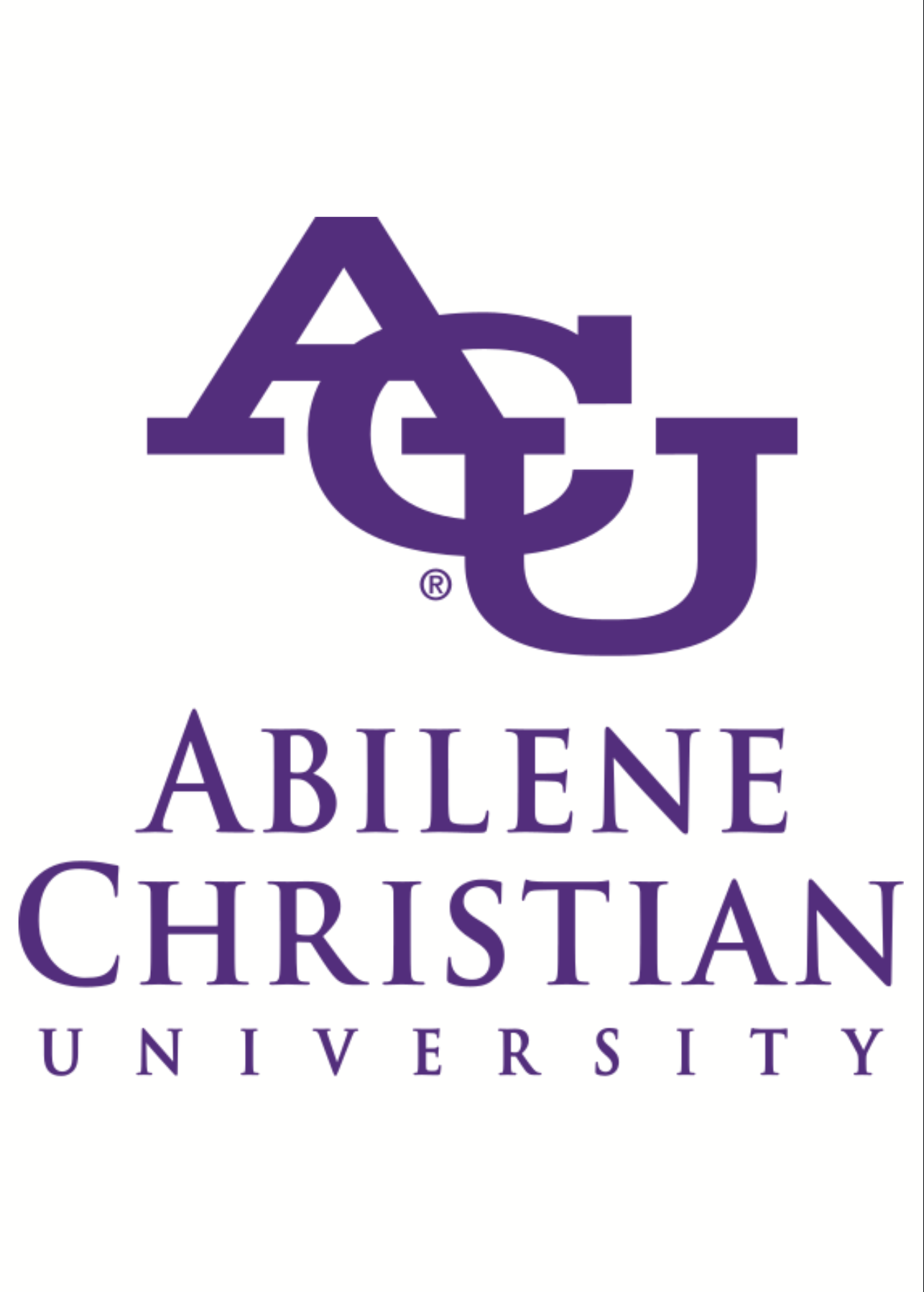
Abilene Christian University
Intelligent Score: 82.52In-state: $37,750
Out-of-state: $37,750
In-state: $23,238
Out-of-state: $23,238
SAT: 1010-1220
ACT: 21-27
$650
Online
Southern Association of Colleges and Schools Commission on Colleges
33
How to Choose an Online Master’s in Higher Education Program
Choose your area of study
There are three types of higher education master’s degrees: Master of Arts, Master of Science, and Master of Education. Master of Arts programs focus on the social sciences, Master of Science programs prioritize research, and Master of Education programs often facilitate more practical experience. However, the components are broadly similar, and any of the three styles of higher education degrees will prepare you for an advanced position in this field.
Some programs allow you to select a concentration and focus your studies on a particular niche in this field, such as student affairs or executive leadership. If you already know what you would like to do after you graduate, look for programs that closely match these career goals.
Research schools and programs
You should only apply to institutions that have been approved by a DOE-recognized regional accrediting organization, such as the New England Commission of Higher Education or Northwest Commission on Colleges and Universities. These organizations evaluate schools to ensure they provide students with a high-quality education. Those who attend a school that isn’t regionally accredited may be unable to access financial aid or transfer credits to another institution if needed.
Ideally, your master’s in higher education program will also be accredited by a respected industry group like the Council for the Accreditation of Educator Preparation (CAEP). This accrediting organization has particularly high standards for education-related programs.
In addition to accreditation, you should consider the following factors:
- What additional resources will you have access to? Online students may have access to student support services such as those for mental health, tutoring, tech support, or financial aid advising. Research what benefits you can take advantage of once enrolled.
- How is practical experience integrated into the program? Higher education programs often feature a hands-on internship. If you currently work in higher education, you may be able to leverage your professional responsibilities to fulfill these academic requirements.
To learn more about any schools that you’re interested in, you can visit the school’s website, contact an admissions counselor, follow the school on social media, or attend an in-person or virtual open house.
Prepare for tests and applications
Application requirements vary by school and program. Most programs expect applicants to hold a bachelor’s degree with at least a 2.75 GPA (many institutions set a higher GPA minimum). You may also need to demonstrate some professional experience within higher education.
Cohort-based programs will have a firm date to submit your materials and a precise start date. As such, prepare well ahead of application dates, especially if your selected schools request GRE scores and letters of recommendation. Undergraduate transcripts and a personal statement may be required as well. Finally, international students will have additional testing and visa requirements.
Before submitting an application, always contact an admissions counselor to ensure you have the most accurate information regarding requirements and deadlines.
Select your program
If you apply to and earn a spot in multiple graduate programs, you’ll have to make a selection.
Before making your final decision, review your needs and goals again. Do you plan to attend school full-time or part-time? Do you want your program to be as online as possible, or are you fine with a hybrid program that has a fair amount of in-person requirements? Some programs offer asynchronous courses, which can be completed at your own pace, while others only offer synchronous courses, which involve remotely attending lectures and completing assignments at the same time as other students — which of these two online learning formats do you prefer? Your school should accommodate your scheduling needs and learning preferences.
Determine how you’ll pay for your degree
Few online higher education master’s programs have full scholarships or assistantship opportunities. It can be costly to obtain your graduate degree, so speak with your admissions or financial aid counselor early to ascertain a payment plan and funding opportunities. Some universities offer scholarships or fellowships, but these are very competitive at the graduate level.
Be sure to submit your FAFSA to determine if you qualify for federal aid or affordable loans. Military students should speak with a veteran’s affairs professional to take advantage of veteran benefits. Finally, if you work full-time for a college or university, talk with your employer about tuition assistance benefits. Often, campus staff members can enroll in courses for free or at a reduced price.
What Can You Expect from an Online Master’s in Higher Education Program?
Higher education programs are for individuals with prior or current professional experience within the field. Students enrolled in an online master’s in higher education will thus engage in student development and counseling theory while honing their understanding of the legal and financial foundations of the higher education system.
Practical application is critical, and participants will undertake some form of internship or practicum before graduating. Some programs may also include a thesis or comprehensive exam. In most cases, full-time students earn their degree within two years.
Potential courses you’ll take in an online master’s in higher education program
- Legal Issues in Higher Education Administration. Participants review how national and state laws impact public and private campuses. Students learn the implications of FERPA, Title IX, Title VII, and basic discrimination laws.
- Counseling Skills for Higher Education Professionals. Students learn different counseling theories and how they might apply them in a university setting. Participants will engage in role-play scenarios to practice their personal counseling skills.
- Finance in Higher Education. This class will focus on the financial operations of higher education institutions, including different aspects regarding public, private, and community colleges.
- Student Development Theory. Typically taken within the first year, participants develop an understanding of college student development theories and how they apply them to their practice.
What Can You Do With an Online Master’s in Higher Education?
Career outlook
As higher education institutions strive to enhance student success and engagement, the need for knowledgeable administrators, advisors, and educators remains essential. Online learning platforms, hybrid courses, and digital resources have also expanded opportunities for instructional designers, technologists, and online education specialists. These roles, crucial in the modern higher education landscape, contribute to the design and delivery of innovative and effective educational experiences.
Earning an online master’s degree in higher education opens the door to diverse career paths. Here are some potential avenues to explore:
- Postsecondary education administrator — Manage administrative functions for a university, such as admissions or recordkeeping.
- Median annual salary: $102,610
- Projected employment growth (through 2032): 4%
- New job openings projected: 15,300 annually
- Instructional coordinator — Develop, implement, and assess the effectiveness of educational materials.
- Median annual salary: $74,620
- Projected employment growth (through 2032): 2%
- New job openings projected: 19,200 annually
- School or career counselor — School counselors help students develop academic skills and deal with personal issues, while career counselors assist students with choosing an occupation and taking the steps needed to reach their career goals.
- Median annual salary: $61,710
- Projected employment growth (through 2032): 5%
- New job openings projected: 26,600 annually
Online Master’s in Higher Education Degree Frequently Asked Questions
How do I apply to an online master's in higher education degree program?
Application materials for an online higher education degree program include the following:
- An online master’s program application (plus a processing fee)
- Official transcripts from all previously attended higher education institutions
- GRE test scores — if required
- A personal statement addressing your goals for attending the program
- Recommendation letters
- A current resume
If your application meets the basic eligibility requirements of the program, you will likely engage in a scheduled interview component with the program director or an admissions staffer. In addition, some programs may prefer candidates who currently work within the higher education field or can demonstrate prior relevant professional experience.
Before submitting your application, connect with an admissions counselor for your chosen schools. And plan ahead, especially for programs with a set admissions deadline. GRE test scores, official transcripts, and recommendation letters can take several weeks to receive.
How much does an online master's in higher education degree cost?
The average annual tuition for a graduate degree program is $20,513. Private schools tend to be more expensive than public schools, though public schools usually charge out-of-state students a much higher tuition rate than in-state students.
In addition to tuition, you may need to pay technology, library, and student services fees. You should also factor in the costs of books and at-home technology costs.
How long does it take to earn an online master's in higher education degree?
Online higher education programs require between nine to 12 total classes (or 27 to 36 credit hours) to graduate. Full-time students can graduate within two years. You can find some online options, especially those with self-paced coursework and no thesis component, that demand just 18 months of study. Part-time attendees will need closer to three years.
Is an online master's in higher education worth it?
Pursuing an online master’s degree in higher education offers numerous advantages and opportunities for personal and professional growth. This advanced degree equips you with the knowledge, skills, and insights needed to excel in a variety of roles within the educational spectrum.
One of the most compelling reasons to pursue a master’s degree in higher education is the potential for career advancement and increased earning potential. Graduates with this degree often qualify for leadership positions that command higher salaries than those with only a bachelor’s degree.
An online master’s program in higher education provides the flexibility to balance your studies with other personal or professional commitments. Online learning platforms allow you to access course materials, engage with instructors, and collaborate with peers from anywhere, enabling you to continue working or managing personal responsibilities while furthering your education.
The networking opportunities offered by an online master’s program can also be invaluable. Connecting with fellow students, educators, and professionals in the field can lead to collaborations, mentorships, and job opportunities that enhance your career trajectory.
Read More about Online Master’s in Higher Education Degrees
Compare School Options
Related Degrees
- Math Education
- Higher Education
- Secondary Education
- Graduate Certificate in Elementary Education
- Child Development
- Assessment and Measurement
- Gifted and Talented Education
- Science Education
- Curriculum and Instruction
- K-12 Education
